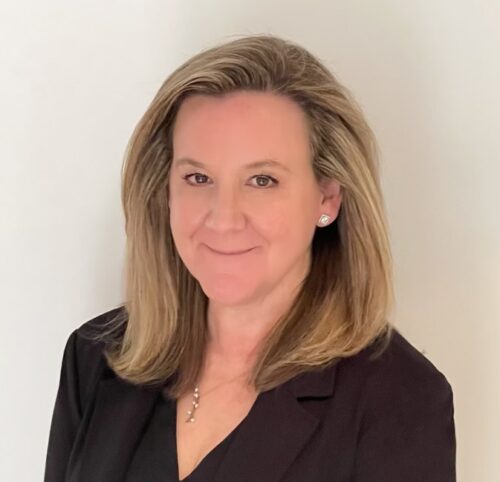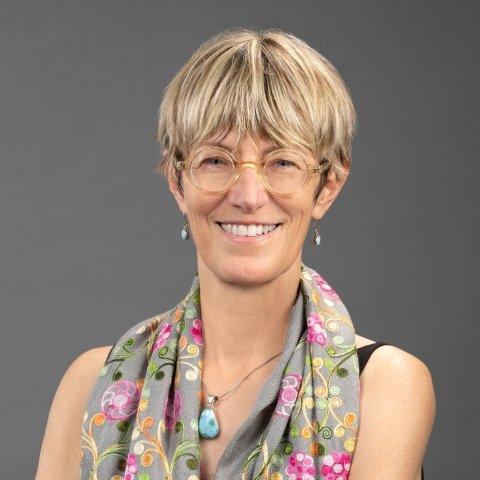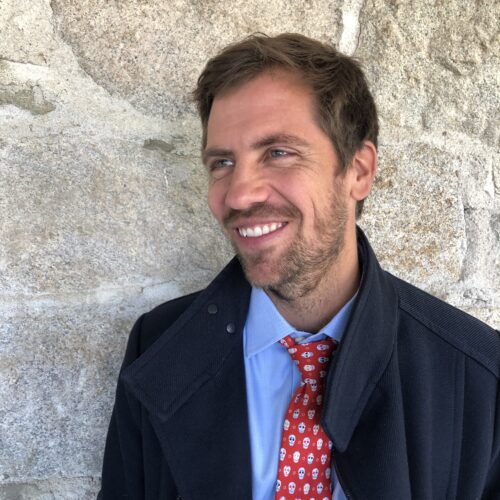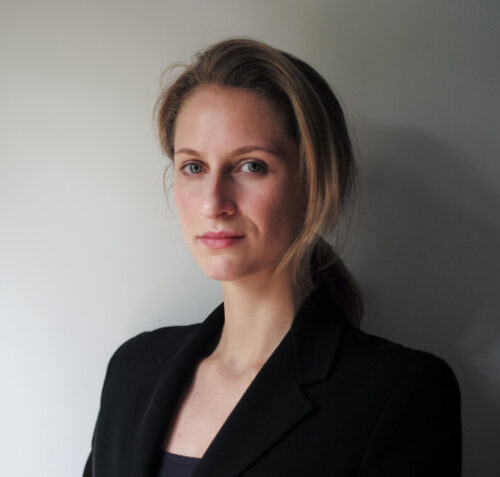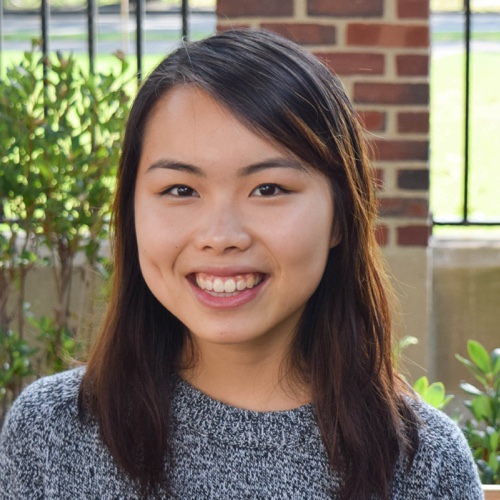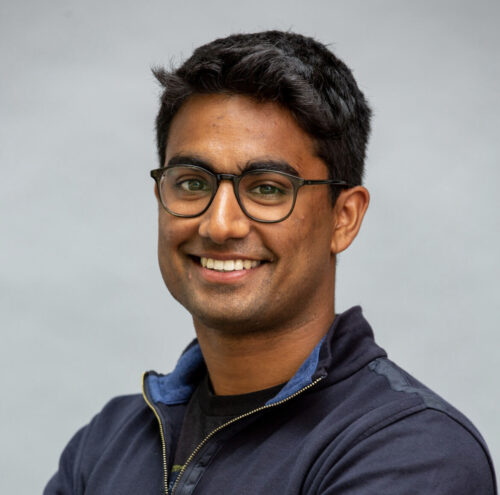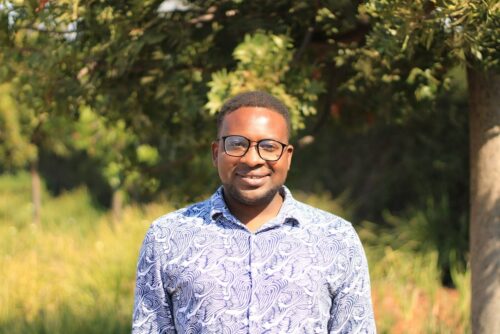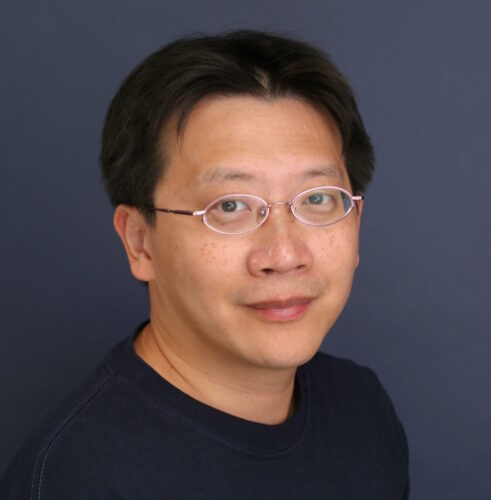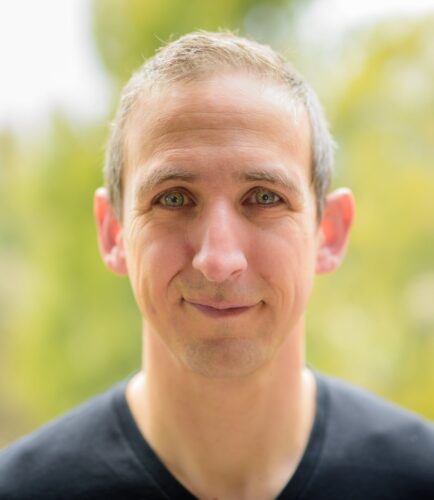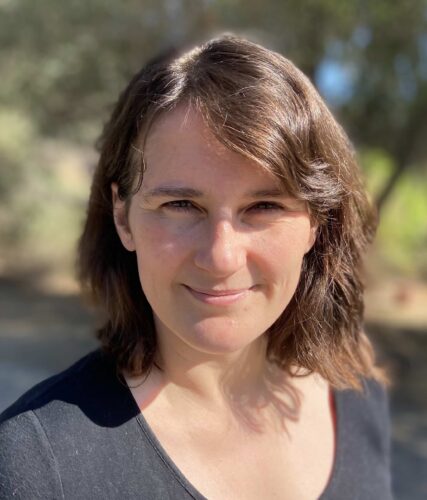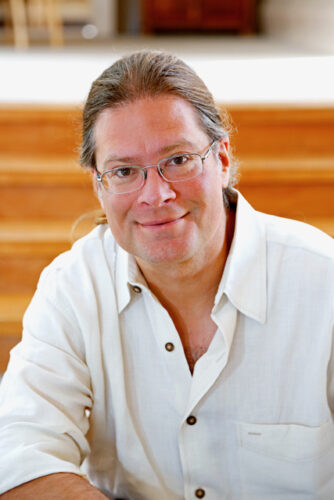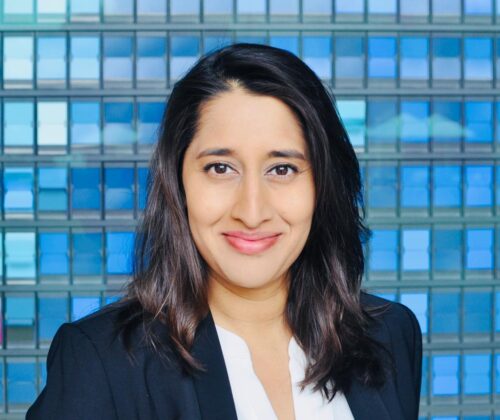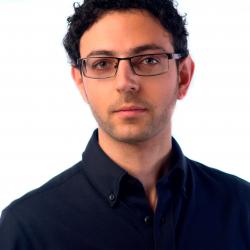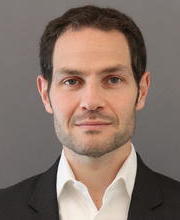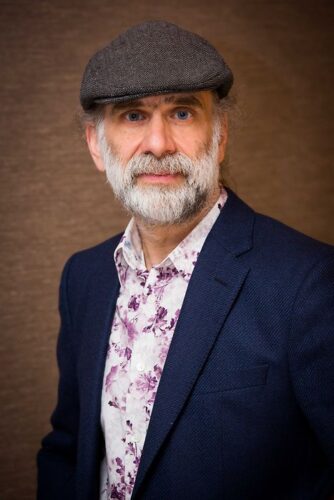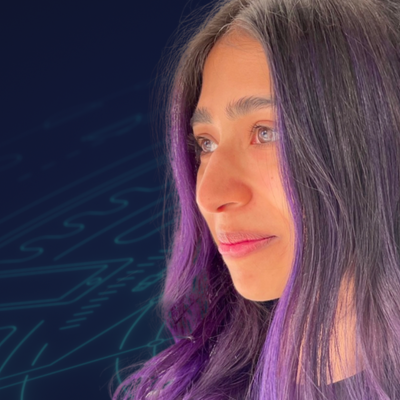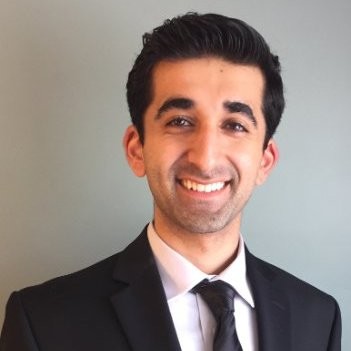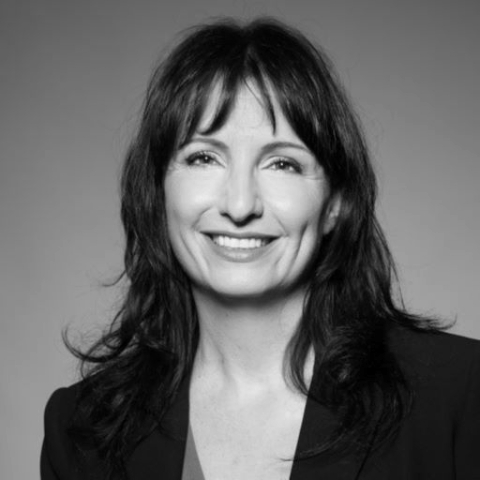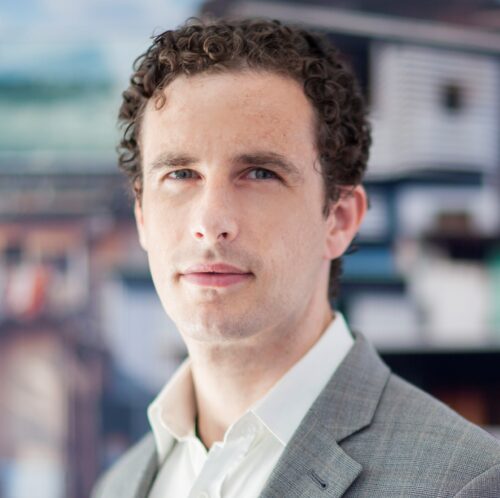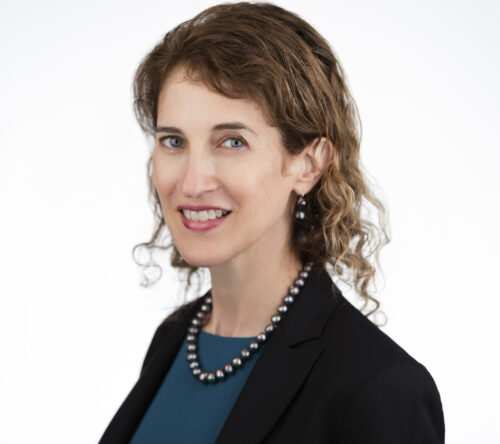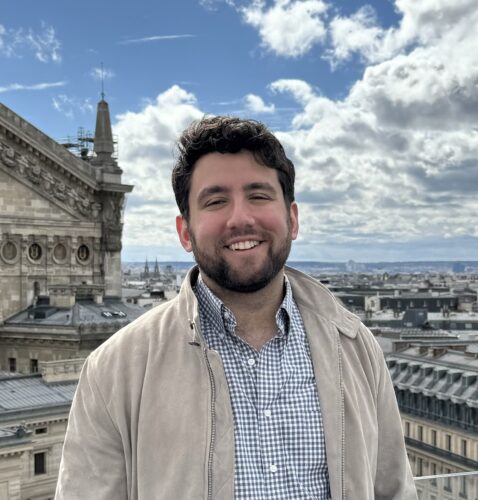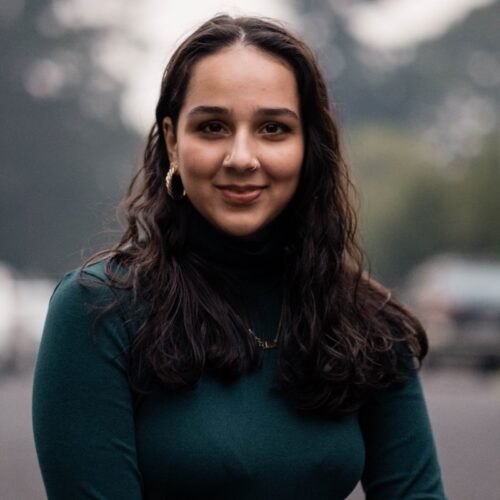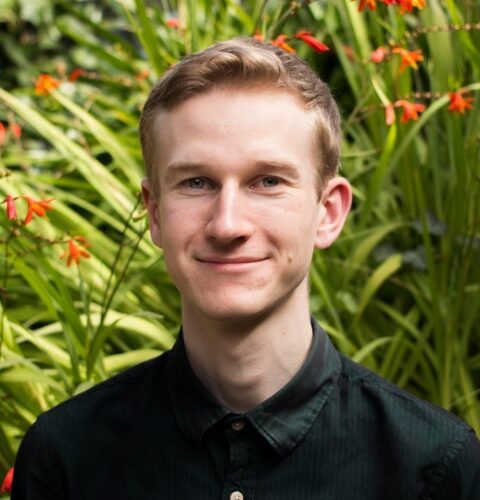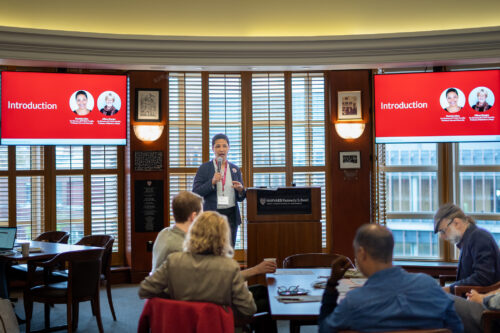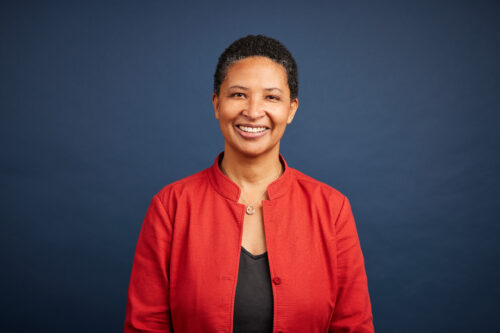
Danielle Allen
James Bryant Conant University Professor
A part of the Allen Lab for Democracy Renovation, GETTING-Plurality is a multi-disciplinary research network linking philosophers, social scientists, computer scientists, legal scholars, and technologists
Governance of Emerging Technology and Tech Innovations for Next-Gen Governance (GETTING-Plurality) is a multi-disciplinary research network linking philosophers, social scientists, computer scientists, legal scholars, and technologists. We are building a unique collaborative that unites tech ethics initiatives at Harvard University with external impact partners across higher education and the tech industry, bringing philosophers and ethicists to the table for every project.
The network is housed in the Allen Lab for Democracy Renovation.
We’re at a pivotal moment. To promote universal well-being, we need to promote the responsible governance of innovation and responsibly innovate the way we govern.
GETTING-Plurality seeks to advance understanding of how to shape, guide, govern, and deploy technological development in support of democracy, collective intelligence, and other public goods. Our focus is on how to do so, given the plural nature of human intelligence. We pursue foundational analysis and theory, field-building, and policy development to foresee and mitigate potential harms to democracy and to strengthen the public benefit and democracy-supportive effects flowing from technology innovation.
This network will convene multi-disciplinary teams to tackle questions of how to govern emerging technologies and how to deploy emerging technologies for governance from a multiplicity of viewpoints and expertise. Some of our research areas include:
James Bryant Conant University Professor
PhD, Senior Lab Director
Associate Director for Technology & Democracy
Senior Fellow, Allen Lab for Democracy Renovation;
Co-Director and Co-Investigator, GETTING-Plurality Research Network
Distinguished Fellow, Center on Privacy and Technology, Georgetown Law
Assistant Professor of Political Science and International Affairs, Northeastern University
Professor, Northeastern University
Non-Resident Senior Fellow, Allen Lab for Democracy Renovation
July 2024-June 2026
Junior Fellow, Harvard Society of Fellows
Co-Founder, Collective Intelligence Project
Researcher, Microsoft Research
Founder, Equiano Institute
Faculty Member, MIT and National Tsing Hua University
Professor of Philosophy, Australian National University
Research Scientist, Brigham and Women's Hospital and Harvard Medical School
Professor, Santa Fe Institute
Researcher & Lawyer
Founder, Remake Africa & Plurality Lead, School of Politics, Policy and Governance
Affiliate, Berkman Klein Center & Affiliate, Centre for the Governance of AI
Senior Fellow, Allen Lab for Democracy Renovation
Strategy, Microsoft
Postdoctoral Researcher, Meta FAIR & Affiliate, Berkman Klein Center
Faculty Director, Carr Center for Human Rights Policy & Professor, Harvard Kennedy School
Adjunct Lecturer in Public Policy
Co-Founder, Collective Intelligence Project
Physician Instructor and Clinical Informaticist, Rush University Medical Center
EthicAI and Former Visiting Fellow, Allen Lab for Democracy Renovation
Senior Fellow, Allen Lab for Democracy Renovation & Fellow, M-RCBG
Research Lead, Microsoft Research, Plural Technology Collaboratory & Founder, RadicalxChange Foundation
Postdoctoral Fellow in Psychology and Economic Theory, Harvard University
Former Co-Head of Corporate Strategy, Microsoft
PhD Candidate in Political Science, Yale University
PhD Candidate in Government, Harvard University
Researcher, Harvard College
PhD Candidate in Economics, MIT
PhD Candidate, King's College London
Commentary
Allen Lab Senior Fellow, Allison Stanger, provided testimony for The Subcommittee on Communications and Technology of the Committee on Energy and Commerce hearing on “Where Are We Now: Section 230 of the Communications Decency Act of 1996”.
Video
The GETTING-Plurality Research Network at the Ash Center’s Allen Lab and Connection Science at MIT Media Lab hosted a webinar event focused on “AI and the Future of Privacy”. In this session, we hear from Bruce Schneier, security technologist, and Faculty Affiliate at the Ash Center; Sarah Roth-Gaudette, Executive Director of Fight for the Future; and Tobin South, MIT Ph.D. Candidate and Fulbright Scholar. Each presenter gives a lightning talk, followed by audience Q&A.
Policy Brief
We face a fundamental question: is the very pursuit of Artificial General Intelligence (AGI) the kind of aim democracies should allow?
Additional Resource
This essay was adopted from a presentation given by Aviv Ovadya at the Second Interdisciplinary Workshop on Reimagining Democracy held on the campus of Harvard Kennedy School in December 2023.
Video
This GETTING-Plurality Research workshop session features Danielle Allen, James Bryant Conant University Professor at Harvard University, Director of the Allen Lab, and presenting author of “A Roadmap for Governing AI: Technology Governance and Power-Sharing Liberalism.” Allen was joined in conversation by commentator Rob Reich, McGregor-Girand Professor of Social Ethics of Science and Technology, Stanford
Commentary
Allen Lab Senior Fellow, Allison Stanger, and Jaron Lanier outline a world without Section 230.
Additional Resource
“The Real Dangers of Generative AI” by Danielle Allen and Glen Weyl was featured in the January 2024 Journal of Democracy.
Abstract: As perhaps the most consequential technology of our time, Generative Foundation Models (GFMs) present unprecedented challenges for democratic institutions. By allowing deception and de-contextualized information sharing at a previously unimaginable scale and pace, GFMs could undermine the foundations of democracy. At the same time, the investment scale required to develop the models and the race dynamics around that development threaten to enable concentrations of democratically unaccountable power (both public and private). This essay examines the twin threats of collapse and singularity occasioned by the rise of GFMs.
Occasional Paper
Video
The “Advancements in Global AI Policy” webinar featured the following speakers and topics:
Video
“Regulating Web3: Global Trends and Challenges” webinar session featured the following speakers and topics:
Additional Resource
On November 7, 2023, the Summit on AI and Democracy gathered experts across multiple institutions to discuss ongoing research, policy, and development efforts related to the recent advancements in artificial intelligence.
Additional Resource
“Reimagining Democracy for AI” by Aviv Ovadya was featured in the October 2023 Journal of Democracy.
Abstract: AI advances are shattering assumptions that both our democracies and our international order rely on. Reinventing our “democratic infrastructure” is thus critically necessary—and the author argues that it is also possible. Four interconnected and accelerating democratic paradigm shifts illustrate the potential: representative deliberations, AI augmentation, democracy-as-a-service, and platform democracy. Such innovations provide a viable path toward not just reimagining traditional democracies but enabling the transnational and even global democratic processes critical for addressing the broader challenges posed by destabilizing AI advances—including those relating to AI alignment and global agreements. We can and must rapidly invest in such democratic innovation if we are to ensure that our democratic capacity increases with our power.
Video
“The Dark Side of AI: Crime and Adversarial Use Cases” webinar session featured the following speakers and topics:
Video
The “Introduction to AI and Public Policy” webinar session featured the following speakers and topics:
Article
This working paper aims to articulate an interdisciplinary research and practice area focused around bridging systems.

